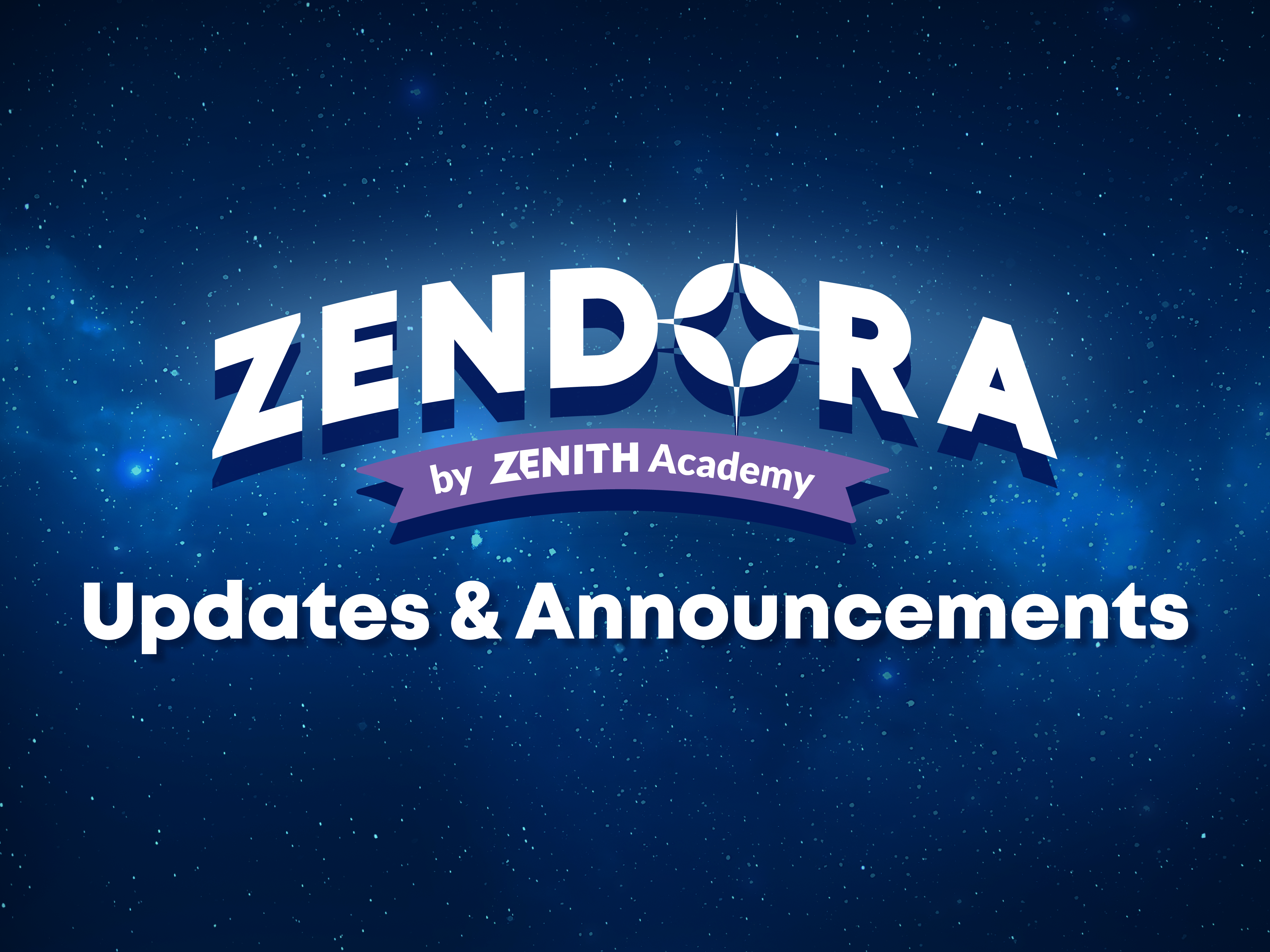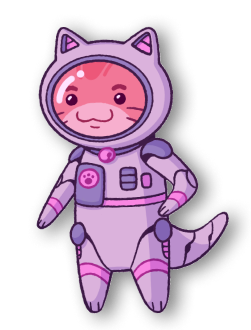Amidst the competitive backdrop of the Singapore educational system, it is no surprise that academic outcomes rank high as a priority for parents.
To create the best education product, our team set out to understand the Singapore’s Primary School system as designed by MOE, including key elements such as lower to upper primary transition, weighted assessments, Direct School Assessment (DSA), and of course, PSLE.
Our research also involved diving into relevant MOE policies shaping Primary School Education, for example:
1. 21st Century Competencies - how MOE aims to prepare students for future opportunities and challenge
2. Edtech Masterplan 2030 - how MOE plans on introducing the latest technologies, including Artificial Intelligence and other learning tools, into schools
In the modern day, it is clear that education needs to evolve fast enough so that students can successfully manage complexities, accelerated by technological, geopolitical, and other tectonic forces.
A progressive approach to education will always lead to higher demands on learners. We have all heard about challenging primary school math occasionally creating waves on social media for their perceived high level of trickery and difficulty.
Through our conversations with parents, it became apparent the reason why tuition is a billion dollar industry in Singapore. The demands of today’s academic curriculum have never been higher, and parents need external resources to help their children excel.
Acknowledging that technology has its limits in terms of the type of problems it can solve, our team set out to create products that can support parents in their role as their child’s primary educator.
1. MOE curriculum, pedagogy, and syllabus
For any educational app or platform that can stand a chance to win over Singaporean parents, the content on it needs to be highly aligned with the content provided in MOE Primary Schools.
If anything, in order to stand out, the content has to be significantly better.
This is the key reason why Zendora’s Primary School curriculum, pedagogy, and syllabus is created by a team of MOE-trained educators. The experts on this team include former school teachers and HQ policy officers.
Zendora’s team is also constantly pushing the envelope in terms of question formats, depth, and complexity of educational content in order to provide foundation for cutting-edge technologies to enable a personalised educational experience for each student.
2. Artificial Intelligence and other tools
In the past 6 months, AI has become technology du jour. Innovations such as transformers, large language models, and others have led to the release of OpenAI’s ChatGPT.
With such a powerful and easy-to-use platform, AI is poised to impact the way we live, work, play, and learn.
Leveraging on these technologies, Zendora is able to provide a personalised 1:1 academic instructor to our students today.
This is something that just a year ago would not seem remotely possible to achieve.
In the long-term, we believe that technologies such as AI, machine learning, and big data will change the way education is delivered - you might have read MOE’s recent AI pilot with Primary 5 math students.
3. Parent App - Analytics, Missions, Events
Bringing it back to the user, we understood that ultimately the parent is the child’s primary educator. We created an accompanying Parent App for Zendora where parents can play an active role in their child’s academic journey.
Through this app, we aim to enable Parents to track how their child is doing, understand where they might be needing more support, and deliver that support earlier than ever.
In our parent conversations, many have kindly shared with us the pace and demands on their lifestyle. One of the consistent feedback is the need to simplify complex information into actionable recommendations.
Executed well, we believe that Zendora has the potential to help all Singaporean parents achieve their academic, holistic, and development goals.
Conclusion
Fast forward a couple months, these seeds grew into Zendora - the current iteration of Zenith Academy’s gamified learning app.
While acknowledging the progress that we’ve made the past months, we know that building an amazing product requires placing the user at the centre of our process.
If you are still reading this, perhaps you are a parent (with children aged 6 to 12) that sees the potential of gamified learning? We would love to hear from you - join our pilot programme today!





